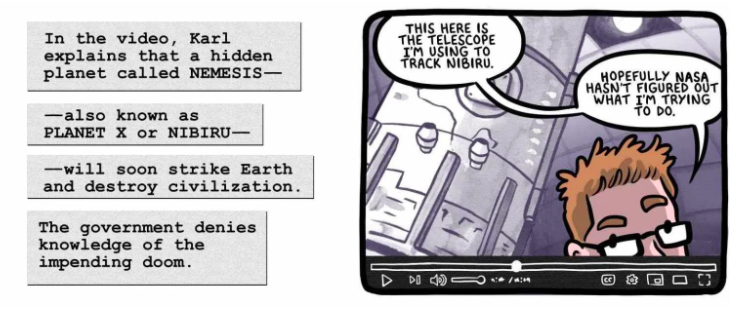The Constitution of Knowledge: A Defense of Truth
Below are a few different resources from author Jonathan Rauch discussing concepts of truth, knowledge, misinformation and the roles of institutions in producing knowledge. His work covers a lot of important ground related to TOK.
When Americans think about how we find truth amid a world full of discordant viewpoints, we usually turn to a metaphor, that of the marketplace of ideas. It is a good metaphor as far as it goes, yet woefully incomplete. It conjures up an image of ideas being traded by individuals in a kind of flea market, or of disembodied ideas clashing and competing in some ethereal realm of their own. But ideas in the marketplace do not talk directly to each other, and for the most part neither do individuals. Rather, our conversations are mediated through institutions like journals and newspapers and social-media platforms.
https://www.persuasion.community/p/jonathan-rauch-the-constitution-of
Persuasion Podcast: Don’t Give Up on Truth
